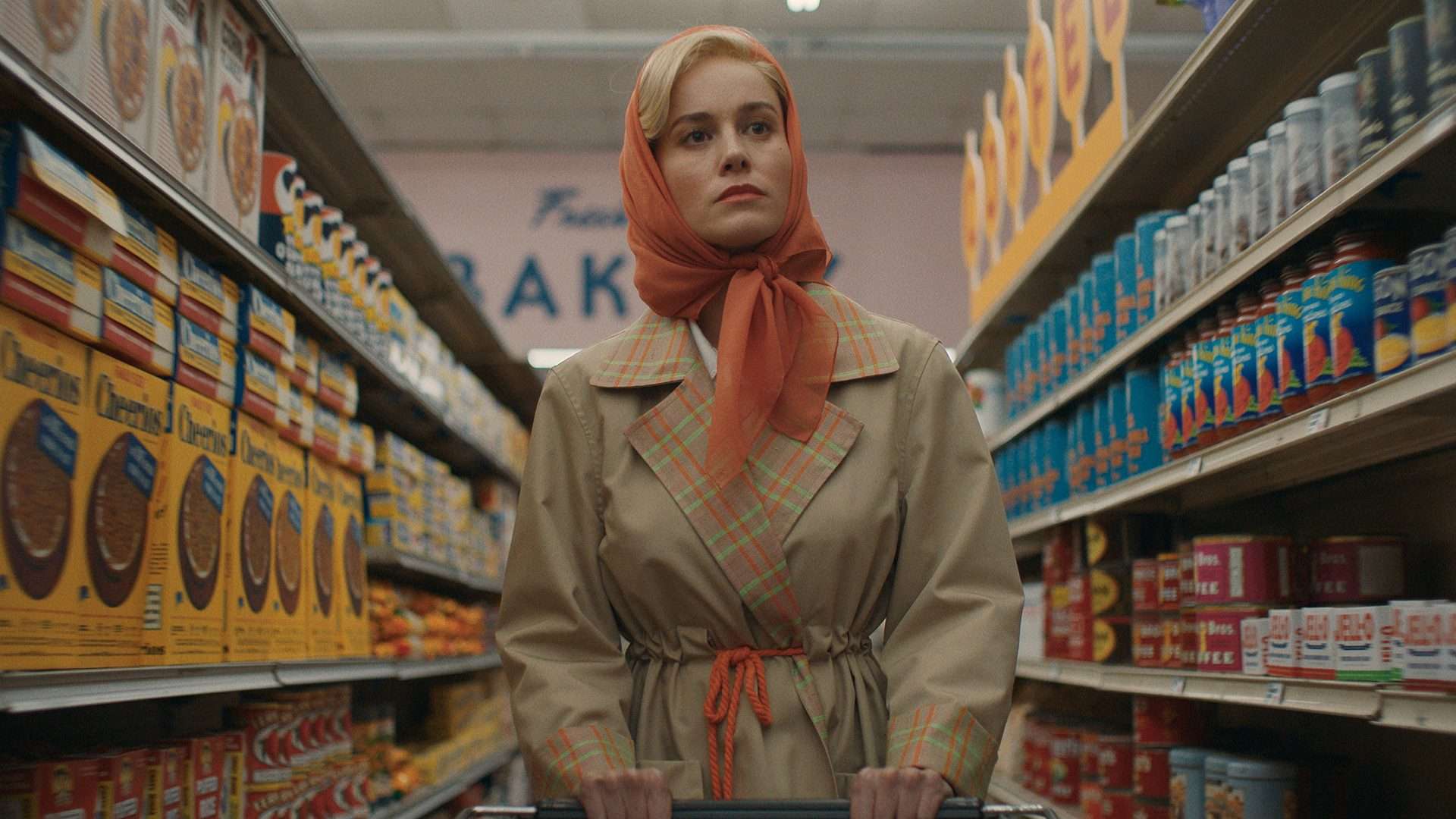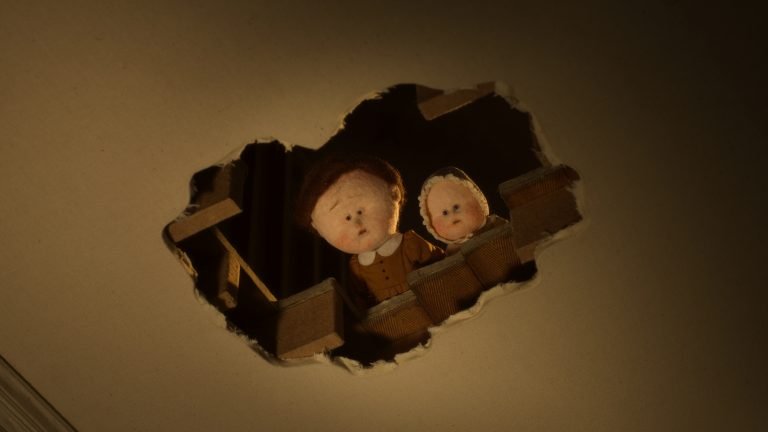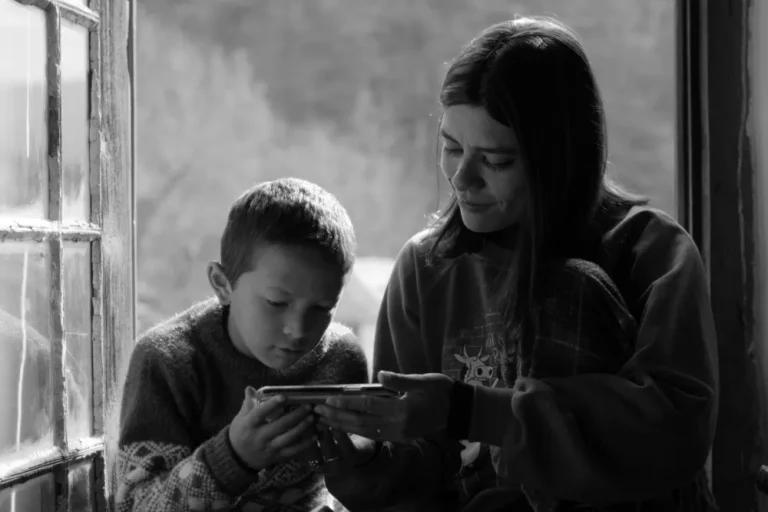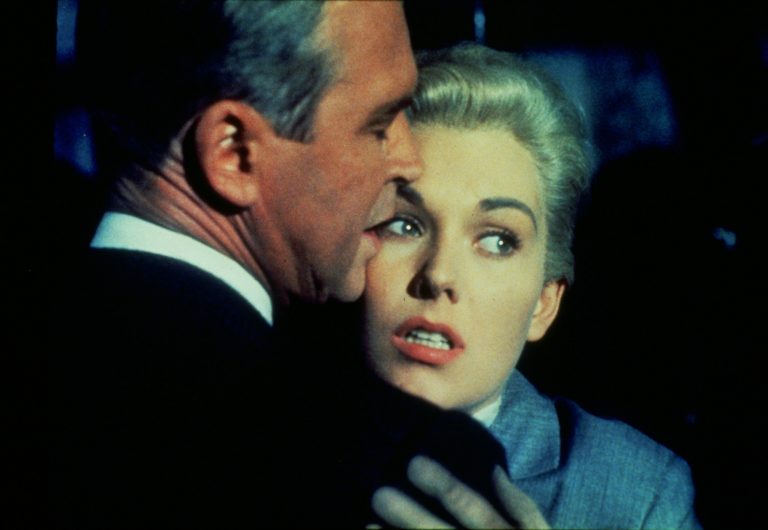Lessons in Chemistry Episode 6: I had been conflicted the last couple of weeks because I had resigned myself to the show being progressive but with the emotional range of the same cookie-cutter cartoon that Elizabeth would scoff at. But however, Episode 6 is when the show actually reveals a far more realism-tinged heart beneath, amidst all of the heightened reality the show is operating in.
Lessons in Chemistry Episode 6 Recap
Episode 6 – Poirot
How is science, especially chemistry, such a subject of fascination for Elizabeth? In the flashback sequence opening the episode, we are given information about Elizabeth’s father and brother. Elizabeth’s father had been a preacher, and in a sequence that makes us understand Elizabeth’s apprehension about religion, we learn that he is a conman who, to show God’s power and benevolence, would instruct his son to burn castor seeds in secret. As his son and Elizabeth’s brother state, his father is living a lie, and as the episode progresses, we see that the man has drunk his own Kool-Aid, but he isn’t open enough to let his own son explore his truth. And as his son prophecies, Hell is living that lie until it eats you up inside.
The popularity her father enjoyed is apparently one that Elizabeth too enjoys because of the ever-increasing reach of her platform. Like her father, who becomes an important pillar in their community, almost like an oracle of sorts, Elizabeth too, in the late 50s, finds herself becoming the vanguard and inspiration of a host of middle-aged housewives too involved in their circumstances to actually follow through with their dreams or aspirations. Elizabeth encourages them and inspires them to follow their own hearts, like Mrs. Fillis wanting to be an open-heart surgeon. The titters and laughs from the men are very telling, because bucking the status quo is a distant memory, and even Elizabeth wearing pants during a live episode is cause for consternation for the boorish head of the station, Phil. The same Phil, who is not averse to taking credit for the discovery of Elizabeth as a TV star.
But it is the 1960s, and in a rare moment of showrunner Eisenberg actually acknowledging the reality the show is set in, it shows the Sloane family watching one of the leaders of the Civil Rights Movement, Martin Luther King Jr., conduct a “sit-in”. What is important in this scene is contextualization. In last year’s “The Hate You Give,” which showed a very different version of “the talk” among the families in the African-American Community, Harriet Sloane categorically forbids her children to go back to their room and instead watch the news because they need to know. The peaceful “sit-in” inspires Harriet to conduct a peaceful protest against the construction of the motorway, which she has been fighting against for more than 7 years (according to the show’s timeline). Her husband might be against this, but then again, she starts preparing those flyers anyway. As she talks with Elizabeth on the phone who asks her about Charlie’s job, we realise that Charlie’s timing at work isn’t one she is a fan of either.
At her show, however, Elizabeth faces problems because Phil secures a sponsorship deal with Swift and Crisp, which again uses unadulterated fats or as she had teased to her daughter Mad, the same material used in jet fuel. It is completely against Elizabeth’s personal policy because she would never use Swift and Crisp in her own kitchen and since she treats the kitchen of Supper at Six as an extension of her own, she takes this as an infringement of her own values. As a result, even after Phil’s orders, she bypasses the sponsored reading during the live recording and refuses to endorse Swift and Crisp.
However, now the full effect of Phil’s power as Station Chief comes into focus, as pettiness takes over and he suspends her for the full three days, choosing to run reruns of her episode. While Elizabeth might have won a personal moral victory, she had cost the livelihood of the below-the-line people like the technicians and the makeup assistants. As the woman responsible for Elizabeth’s makeup states, the next time she wants to stick it to the man, she might consider all the people working for her. It is a sobering reminder to Elizabeth that, unlike in a laboratory, where she is used to working and thus fighting for her rights alone, here she would have to be more tactful.
The name of this episode is “Poirot”, named due to Wakely telling Madeline that instead of the Bible and the study books, he had been more interested in learning about the exploits of Christie’s famous detective Hercule Poirot, especially the book “The Murder of Roger Ackroyd”. He compares Maddie’s doggedness and determination to investigate her father’s past to that of the eponymous detective and encourages her that while she feels that the case has gone cold (considering the little girl has called fifty-six of the St. Luke’s boys homes and all of them have hit a dead end), Wakely encourages her to basically retrace her steps and move forward with what she already knows. Who knows, she might surprise herself?

One day, while shopping at the supermarket, Elizabeth bumps into her old colleague at Hastings, Fran Frask, the head of the secretary pool. She admits to being a little starstruck, and she reveals that she had left Hastings shortly after Elizabeth and hadn’t wanted to call her because Elizabeth probably had reasons to despise her. But as Elizabeth points out – Hastings, and in a way, academia, isn’t an easy place for any of them to be. Elizabeth offers Fran a ticket to one of the live tapings for Supper at Six. At that live taping where Fran is present, Elizabeth holds another Q&A. This is also the episode where Fran has to reluctantly endorse Swift and Crisp, and thus in the Q&A, she has to field questions regarding that ingredient and how it has personally helped her. After the show, Fran gives her an idea: it is her show, she is not at the mercy of answering every question, and an efficient method would be to screen the questions before the recording. Elizabeth is impressed with Fran’s insights and offers her a job as Elizabeth’s chief of staff, and Fran takes on that role like a glove, much to Walter’s surprise (and also attraction?).
However, the effect of such a busy schedule is hampering Elizabeth’s friendship with Harriet. In a moment of deja vu, Harriet asks Elizabeth to join her at the protest against the construction of the motorway, and Elizabeth is hesitant after the Swift and Crisp debacle. She is afraid that another “stunt” like that would force Phil to take drastic steps against her staff. Harriet, disappointed and angry, argues that if Elizabeth wants to help her, she should utilise her platform for “real change”, instead of failing at promises. This inspires Elizabeth, who the next day, before the official recording, holds up a pamphlet about the peaceful protest the next morning and informs her audience that the following day’s show won’t occur because she will be joining the protest in solidarity with her friends and brethren in the community. As expected, Phil blows a gasket, and after the recording, he slaps her with a four-day suspension. However, Elizabeth is now ready for him and informs him that she has calculated the expense of each episode, and while she might be able to pay the technicians out of her pocket, showing reruns would be costing the station money and causing the bottom line to fall out. This finally silences Phil.
Phil is, however, only one part of the symptom of misogyny and racism at that time, which would run rampant and roughshod. Elizabeth’s eyes are finally opened when she attends the protest, and she is shocked to witness how the police and the authorities throw frag bombs and then start beating the protesters, even arresting Harriet and Charlie as ringleaders of the protest. It feels very sobering and very much grounds Lessons in Chemistry in a reality far more resembling our own than the heightened one that has been shown in the last couple of episodes.
Lessons in Chemistry Episode 6 Ending Explained:
After the protests, Elizabeth finally has a heart-to-heart conversation with her daughter, where they both open up about the past—the newly discovered one about Calvin Ellis by Madeline and the hidden one about her brother by Elizabeth. We learn that Elizabeth’s brother, too, had been exploring his sexuality as a homosexual man in 1930s America, and that is strikingly against the religiously conservative beliefs of their father. Their father is revealed to be a cruel man who would give extensive punishments, like shutting his son inside a trunk for extended periods of time, to exorcise the devil out of him. But all it does is drive John to commit suicide, which he does by shooting himself in the bathroom with his father’s revolver. His father, so intent on living the lie of self-righteousness, rationalised that his son had made his choice.
In the final scene, Madeline reveals to Reverend Wakely that, with the help of the Sloane children and their access to their mother’s office, she had managed to finally locate and gain access to her father’s file and the letters through a cease-and-desist letter addressed to the law offices of Harris, Morrison, and Douglas, the ones where their mother works. One of the letters is addressed to Ellis by one Avery Parker, who mentions St. Luke in Modesto. However, Reverend Wakely is surprised to find that her father is Calvin Evans. The question now is, how is Wakely connected to this entire endeavour?







![7 Prisoners [2021] Netflix Review – An honest drama about human trafficking and the cyclic nature of its psychological traumas](https://79468c92.delivery.rocketcdn.me/wp-content/uploads/2021/11/7_-Prisoners_Prisioneiros_08_00360-768x512.jpg)

